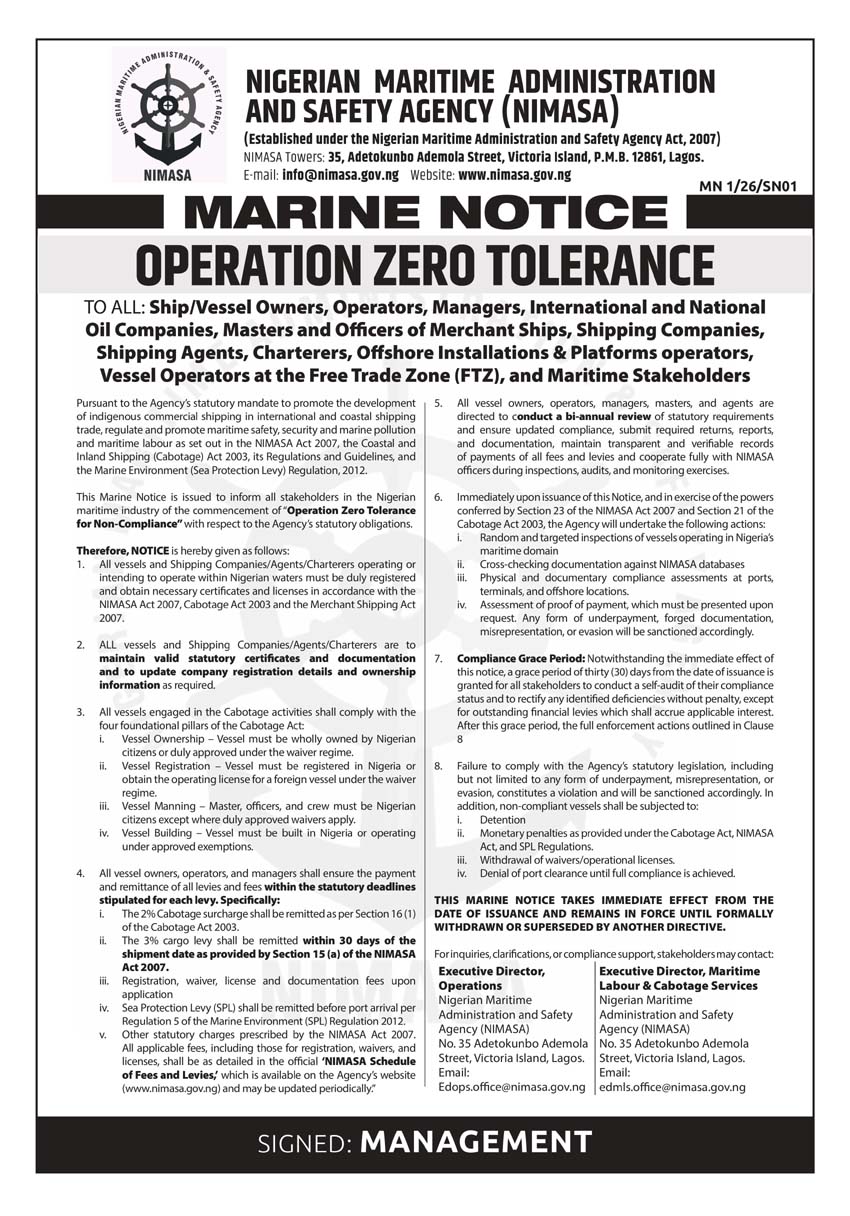Maritime transportation is one of the most important nodes in international trade because of its significant effect on the overall performance of global supply chains.
The plethora of shipping traffic and maritime trade, on the other hand, has a significant adverse impact on the marine environment and human health.

According to United Nations Conference on Trade and Development statistics, the world commercial fleet increased by 63 million deadweight tonnage between January 2021 and January 2022.
The majority of fuel in maritime transportation is petroleum-based.
According to the International Maritime Organisation (IMO), with almost 90 per cent of worldwide trade handled by sea, the maritime sector accounts for around three per cent of global yearly carbon emissions.
Global shipping emissions might increase by 130 per cent by 2050, according to the IMO. Early in 2020, the IMO set a limit on the sulphur content in the fuel oil used on board ships from 3.5 per cent to 0.5 per cent mass by mass.
First, IMO set a goal for CO2 emissions in the shipping industry: a 50 per cent drop by 2050.
The IMO also agreed to cut the carbon intensity of international shipping by 40 per cent by 2030, and to work towards a 70 per cent drop by 2050.
Carbon reduction is essential to Malaysia’s carbon agenda. Fostering carbon reduction initiatives would address the industry’s environmental and climate change impact.
Malaysia has ratified nearly half the IMO conventions to guarantee safe and secure shipping, with marine environmental protection a prime concern.
Therefore, it is critical that our maritime industry establish its own decarbonisation milestones that are consistent with the IMO’s plan.
Prime Minister Datuk Seri Ismail Sabri Yaakob, in presenting the 12th Malaysia Plan (12MP), emphasised that the government aims to achieve carbon neutrality by 2050.
Carbon neutrality refers to the process of balancing greenhouse gas (GHG) emissions with the removal of an equal amount of carbon from the atmosphere.
A maritime industry strategic plan must clearly define the status, issues, and potential courses of action for the subject, as well as a roadmap. While great progress has been made, significant obstacles must be addressed before the industry can achieve such ambitious goals
The ongoing actions fall under the United Nations Framework Convention on Climate Change, and the Paris Agreement’s sustained action will serve as the foundation for developing the framework idea of net-zero emissions.
The agreement mandated that the Malaysian government make long-term commitments to reduce GHG emissions and increase those efforts over time.
It is critical to create awareness in the maritime community of the need to achieve net-zero carbon emissions.
Malaysia is on the right track. Some port administrators have endorsed the IMO’s decarbonisation roadmap, encouraging port operators to follow the organisation’s standards on carbon emission reduction and ship energy efficiency. Port Klang, for example, is assisting in this by being early adopters of green technology.
There also is immense room for improvement in terms of efficiently reducing carbon emissions. R&D investment in the development of green technologies and the manufacturing of high-value-added goods appears to contribute to achieving carbon neutrality by 2050.
Read Also: WHO Warns Against Relaxing COVID-19 Protocol, Says Cases Are Increasing
At some point, Malaysia has to enhance energy efficiency in light of the significant rise in worldwide seaborne commerce volumes. Zero-carbon energy must be derived from non-fossil fuel or renewable sources such as methanol, ammonia, and hydrogen.
Malaysia may be able to reach its carbon neutrality goal by 2050 by establishing a roadmap.
Hence, the government should emphasise a new governance framework in strengthening administrative and legislative concerns.
Malaysia has several agencies to support the ambitious target. It’s time to establish tremendous synergy between the authorities and eliminate bureaucracy.
The newly developed governance framework is critical in moving the maritime industry towards carbon neutrality. It will help society, the economy, and the country since it complements the 12MP’s target of achieving net-zero emissions by 2050.
Kindly like us on Facebook















